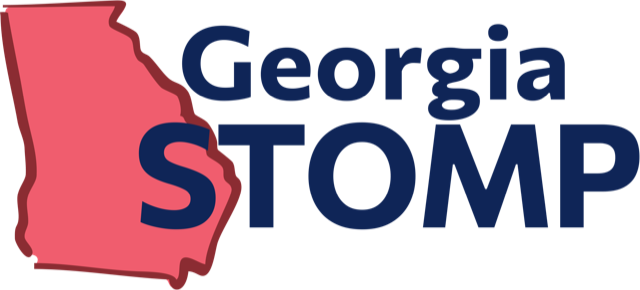Opinion: How You Can Help During Period Poverty Awareness Week
Jamie Lackey | May 22, 2023
Last year alone, Helping Mamas distributed nearly 900,000 period products to the women and girls who need them the most. The bulk of those essential items were distributed during the summer.

The burden of period poverty falls on women and girls who are already struggling to meet their basic needs. It can lead to health issues, self-esteem problems, and reduced productivity. Without access to period supplies, they miss school, work, and play. Overcoming period poverty is a multifaceted approach. It takes collaboration between nonprofits, corporations, and the government to solve this issue.
Here’s how you can help:
Period poverty is a critical issue impacting women and girls worldwide and it is exacerbated in Georgia where period products are taxed. The lack of access to basic, essential items for marginalized individuals, contributes to a cycle of poverty and limited opportunities.
Period Poverty Awareness Week, May 22-28, marks the end of the school year, which is the time when girls still receive free period supplies. Once summer begins, they lose access to these essential items. Helping Mamas, Georgia’s only baby and basic needs supply bank, aims to shine a light on period poverty, an issue that’s often stigmatized and leads to unhygienic practices, social isolation, and missed school and work opportunities. Period poverty is a public health issue, a poverty issue, and a gender equality issue.
According to a 2021 study by U by Kotex, over one-third of low-income women reported missing school or work due to lack of access to period products. One in six women in Georgia, ages 12-44 live below the federal poverty line. The taxation of period products perpetuates the misconception that menstruation is a luxury rather than a biological necessity.
If the Georgia legislature could drop this regressive tax policy, we could close the gap for vulnerable communities.
- Raise Awareness: Education campaigns, community outreach programs, and social media campaigns can help destigmatize menstruation, mobilize support, and amplify the voices of those affected.
- Policy Changes: Advocacy efforts focused on pressuring policymakers to remove the sales tax on period products. Several U.S. states, including neighboring Illinois and Florida, have successfully eliminated the tax. Working with groups like Georgia STOMP is a great way to stay involved in advocacy efforts in GA.
- Public-Private Partnerships: Collaboration between government agencies, non-profit organizations, and private enterprises can help bridge the gap in access to period products. Helping Mamas works with school districts, shelters, health departments, and other organizations to make sure that no one is left behind because of period poverty.
- Education: Comprehensive education programs that go beyond the biological aspects can help combat taboos, promote understanding, and empower individuals with the knowledge to manage their menstrual health effectively.
- Donate: Consider supporting Georgia’s only baby supply bank to ensure that the women and girls who need them receive essential period products.
